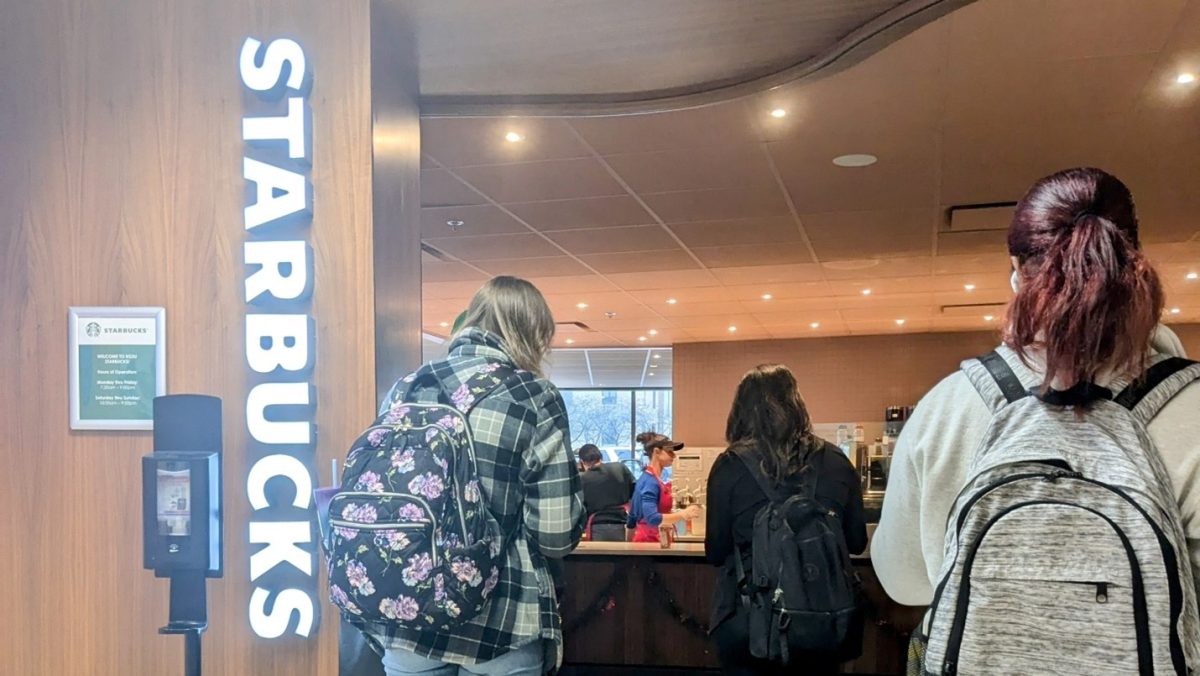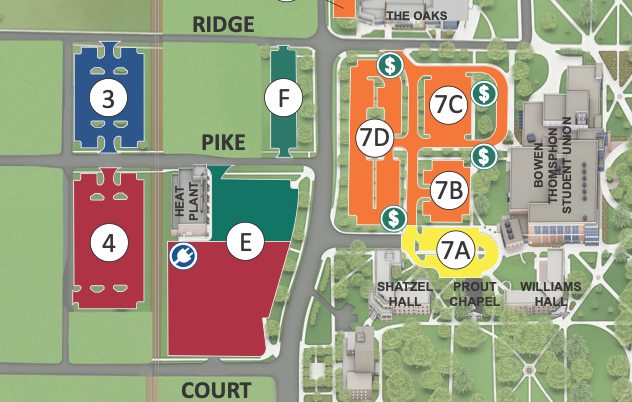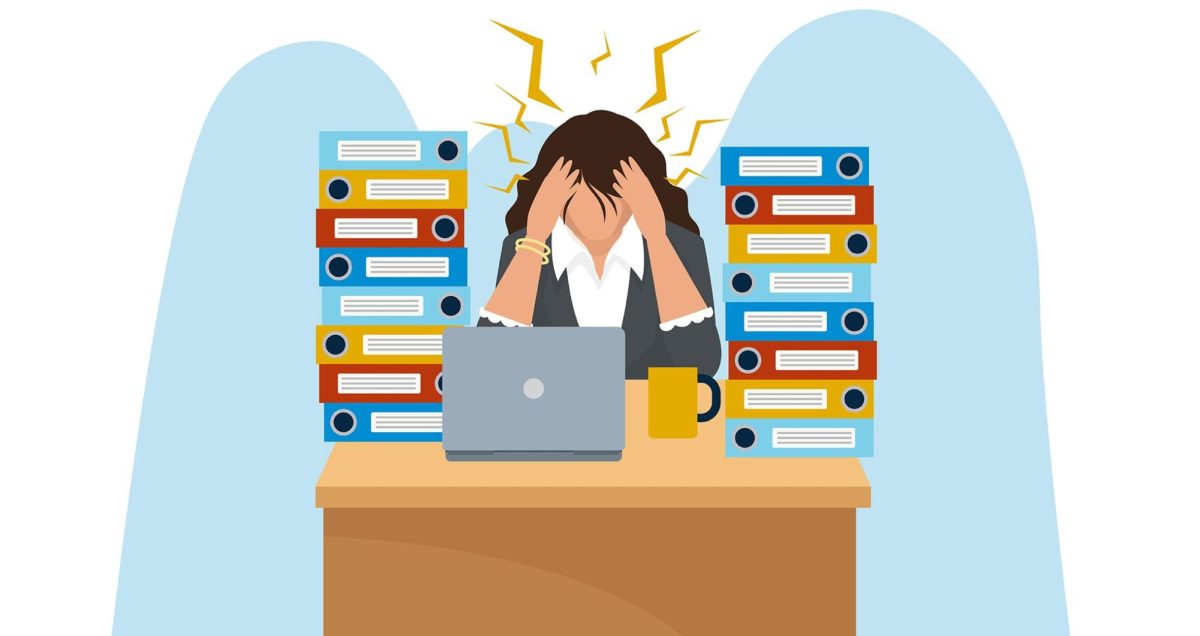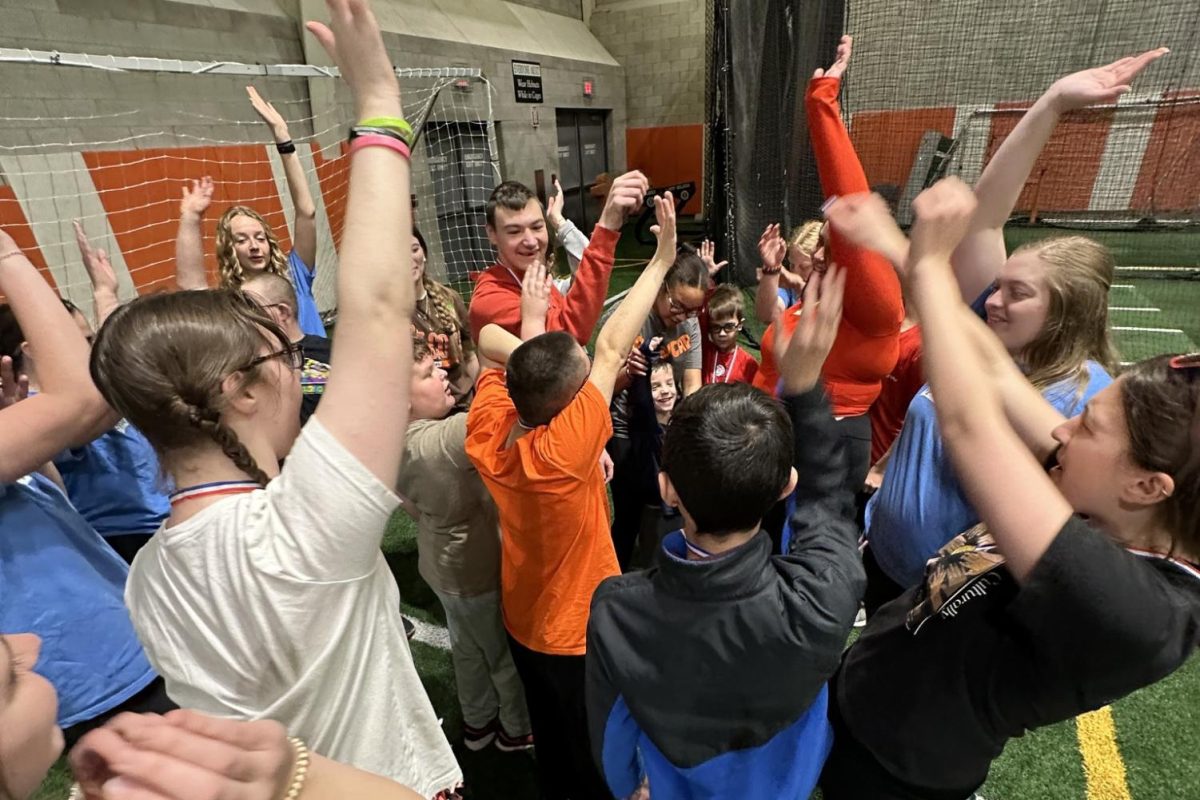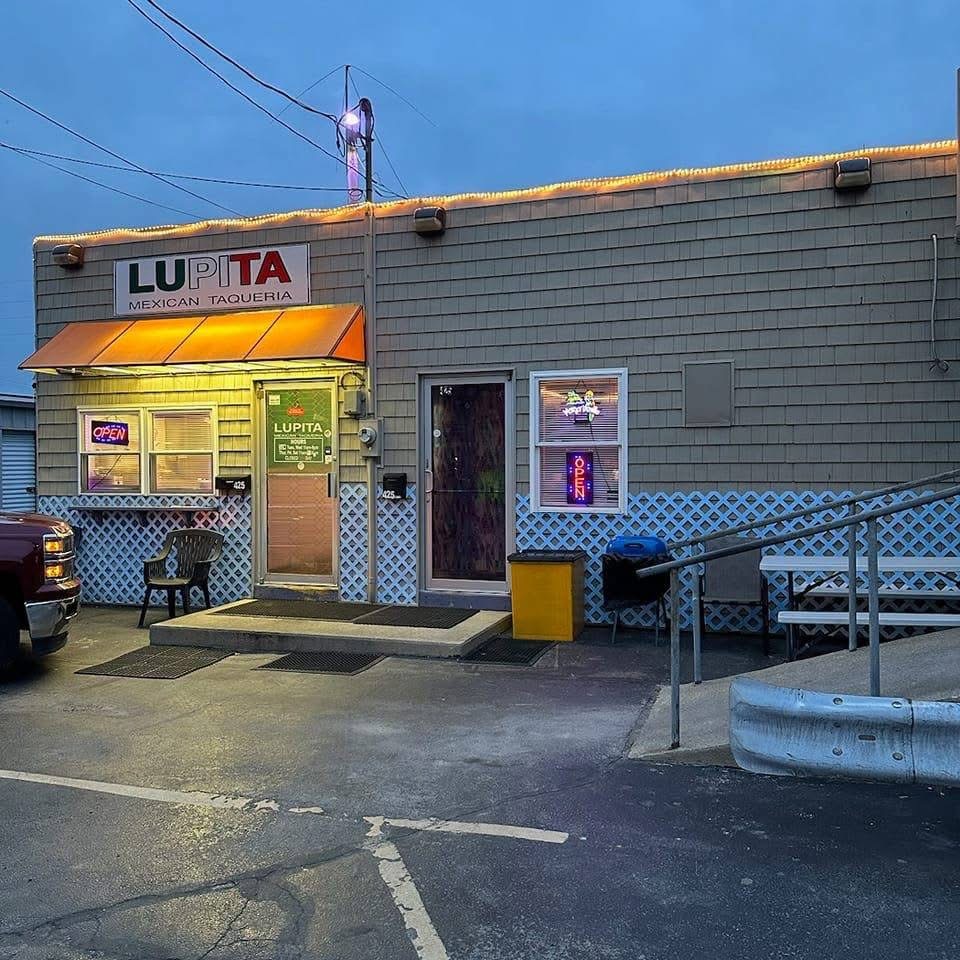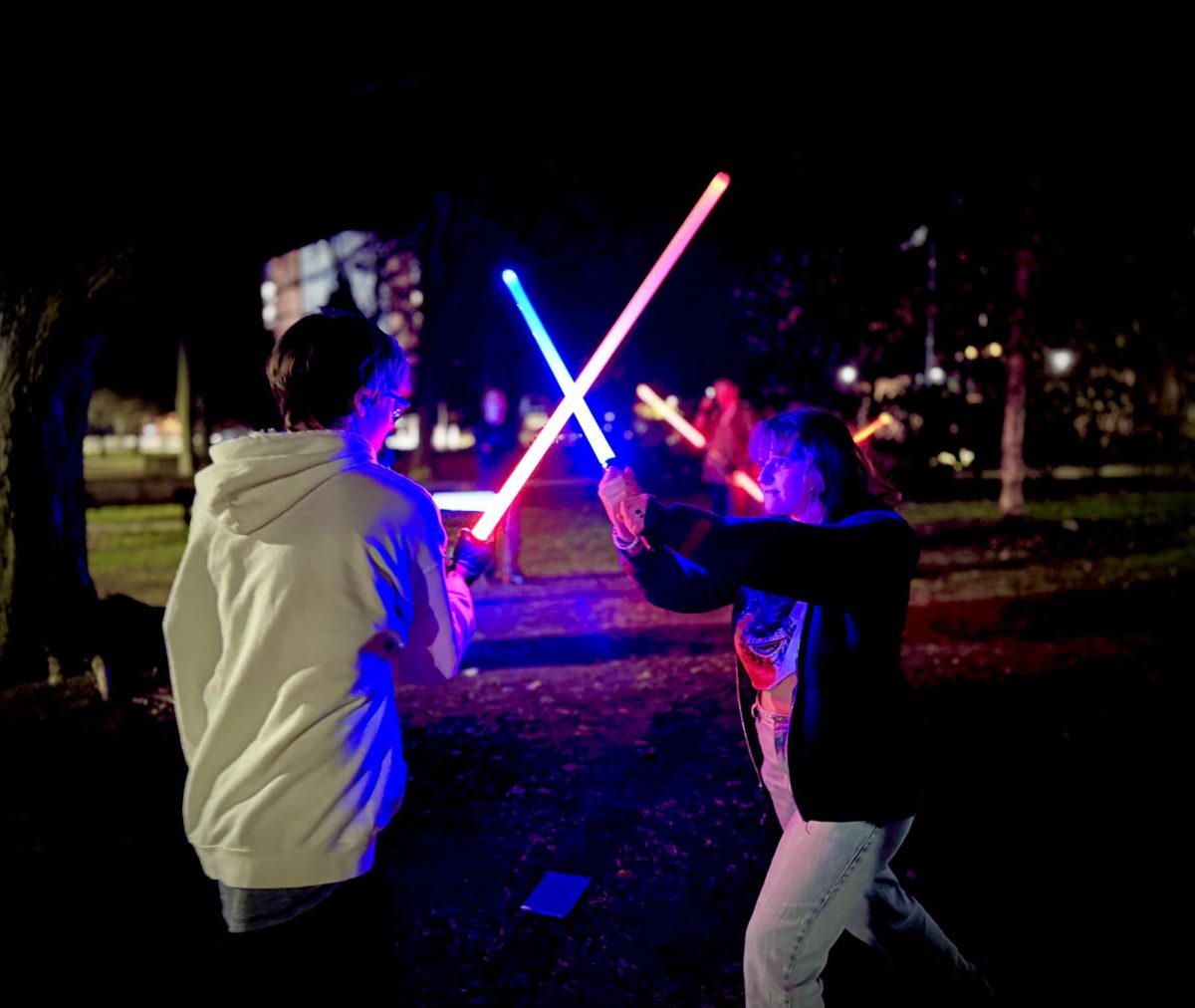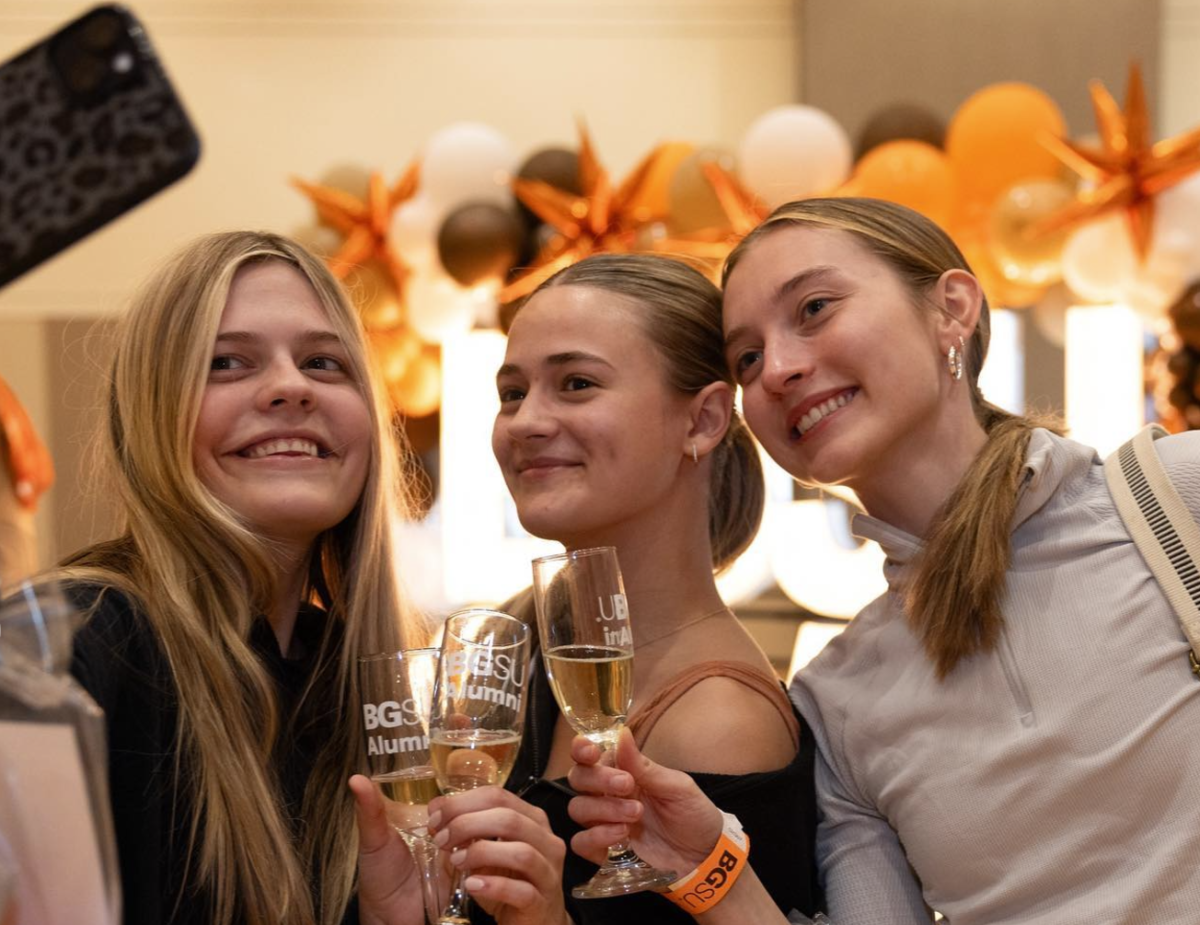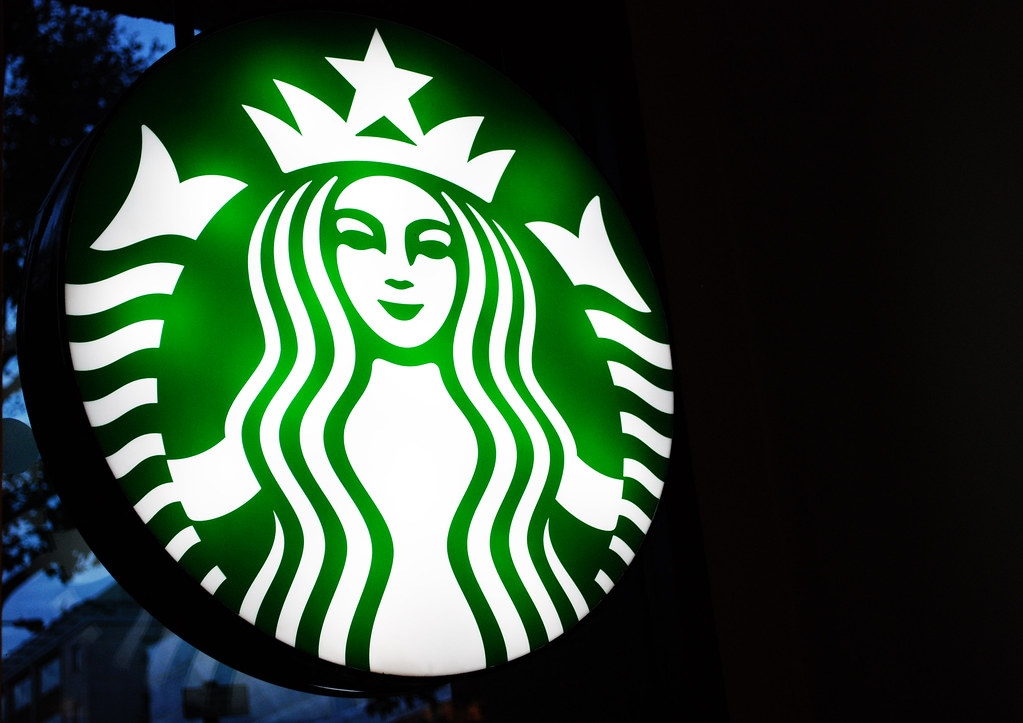The University Culture Club brought co-founder of Bitch Media Andi Zeisler to the Ray Browne Conference as the Battleground States Keynote Address speaker on Saturday, where she warned the audience of the effect consumerism has on feminism.
Her presentation, “From Riot Grrrl to Marketplace Feminism,” discussed how feminism in past years has not only become actions, but also an identity that has been adapted by popular culture and businesses.
“Feminism, just in the past couple of years, has become this identity that has really been taken on by Hollywood and by mainstream popular culture,” she said. “And we see it increasingly as an identity that’s filtered through images … through Hollywood … through advertising and through branding.”
Zeisler found feminism in high school in New York City, studying visual art while working under women artists.
“They … were very aware of the institutional sexism in the world of fine art, and so through them I was exposed to pop culture critique and response like this.”
In the 80s, she said, people weren’t interested in adopting the “feminist” label and it was often discussed as a “finite movement that had come and gone.”
But now, growing up and coming to feminism at a time when people did not want to identify as such, Zeisler said it’s indescribable how the evolution of feminism the past few years has a desirable identity. “It’s been really gratifying to see feminism become a lens through which mainstream media increasingly looks at politics and pop culture and current events.”
In some industries, such as the fashion designers, “feminism” has become a buzzword for a category of products.
“There’s feminist jewelry, there’s feminist underpants,” she said. “In Sweden, there’s a feminist energy drink.”
She calls this “marketplace feminism,” because it builds on the long history of advertising to women using the language of liberation.
“I see marketplace feminism simply because feminism itself has changed so much in just the past few decades,” she said.
In the 90s, the “riot grrrl” was a subculture that came out of punk movements and pointed out the general lack of girl power from society. At the end of the decade, “girl power” was appropriated in the form of the Spice Girls.
“They were created to be a vehicle for dolls, backpacks and lunchboxes,” Zeisler said, adding that their music became secondary to their marketing and merchandised products.
“In a way this … marketing has really informed how marketplace feminism looks,” she said. “Forty years ago … there were no gendered earplugs …. Part of marketplace is not feminism at all in the sense that it’s really biological essentialism dressed up as girl power.”
She cautions that every feminism movement has the possibility to be taken over by both capitalism and consumerism.
Jenn Brandt, a 2007 masters alumna, has been teaching Andi Zeisler’s work in her feminism and popular culture classes for the last 10 years.
Brandt graduated from the pop culture department and currently teaches at High Point University in North Carolina. This was the first time she has heard Zeisler’s talk in person and though the talked reflected what she sees with her students.
“I see more media celebrities embracing the term, ‘feminism,’ which on one hand is great because it introduces students to a topic that they might not immediately gravitate toward,” she said. “Feminism has become more an identity than a political activist movement.”
Brandt wishes more people would have attended the speech.
“I think what she is saying is very important,” she said. “It’s a really great component of an excellent conference.”


